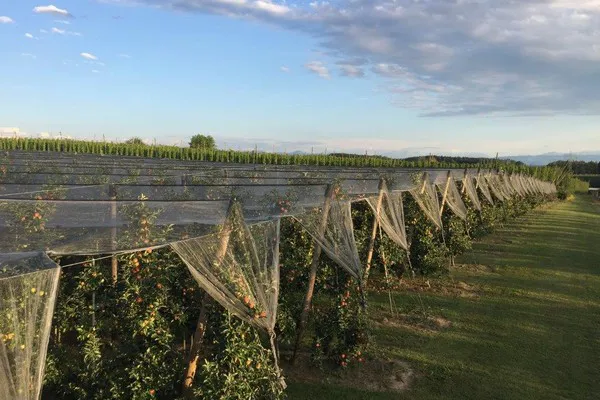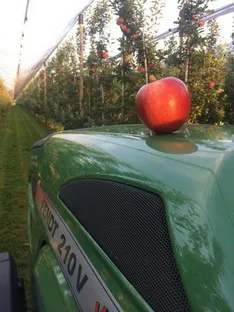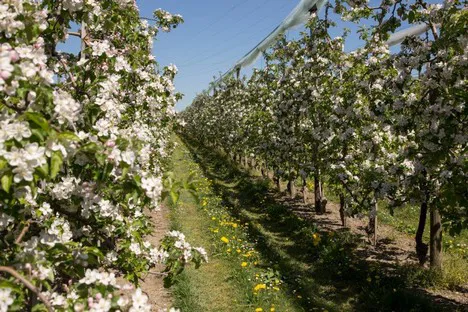This year's apple season has moved into its second part. Due to last year's bountiful harvest, the current remaining stock is relatively high. "From my point of view, the destocking is developing satisfactorily; the price levels, on the other hand, are still rather disappointing, especially in comparison with the sharp rise in production costs," says Andreas Blaser, managing director of the trading company of the same name based in Meckenbeuren on Lake Constance.
Gala stocks are expected to run out by the end of April. The same applies to the popular Elstar, whose marketing season will be over by June at the latest, according to current information. "For the Jonagold group, current demand should be somewhat better and we expect to have stocks available by the start of the new crop," Blaser said.

The consequences of pervasive cost increases and reduced purchasing power on the part of consumers have been devastating for pome fruit marketing, the fruit wholesaler said. "Because of the cost explosion, the entire commercial fruit growing industry in Lake Constance has its back against the wall. Our fruit growers are facing average cost increases of up to 25-30 percent. For the raw material, a price increase that at least covers costs would be desirable, but corresponding producer prices are currently far from being achieved."
Threatening situation
In the wake of inflation and a reduction in purchasing power, surplus quantities are tending to put more concise pressure on markets, especially this season.
wake of inflation and a reduction in purchasing power, surplus quantities are tending to put more concise pressure on markets, especially this season.
"The increased appreciation for local fruits and vegetables that we saw during the pandemic has now largely disappeared. Complicating matters are inflation and consumer insecurity. Furthermore, many growers are not planning their succession and those who would like to take over their parents' farms in principle will - if this continues - be forced to refrain from doing so. I feel particularly bad about that."
At worst, Blaser calculates, up to 40 percent of fruit farms will likely have to cease operations in the coming decade due to a lack of successors.

"Finally, the general overproduction in the European pome fruit countries, which has already existed for several years as a result of EU subsidies, also plays a significant role. This has precisely led to an unhealthy market structure that threatens the existence of the industry, in other words, to the end of the free market. In short, the entire pome fruit industry is in the same boat and a rethink is urgently needed," Blaser concludes.
Images: Blaser Obst Ltd.
For more information:
Andreas Blaser
Blaser Obst GmbH
Senglingen 6
88074 Meckenbeuren
Tel.: 07542 951480
Fax: 07542 9514820
E-Mail: info@blaser-obst.de
www.blaser-obst.de
